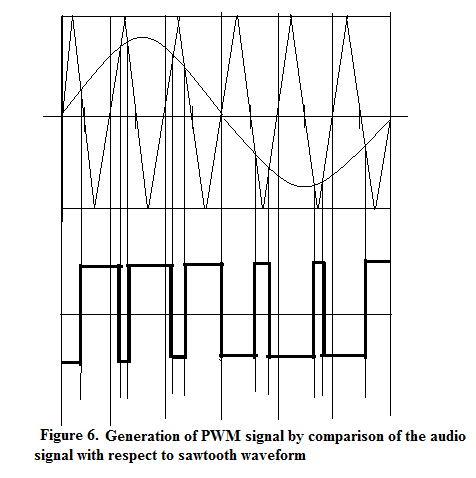| << Chapter < Page | Chapter >> Page > |
In December 1975, Steven Sasson at Eastman Kodak Corporation, Rochester, New York,
improvised a digital camera and did the first digital photography.
Table 6. Timeline of evolution of Digital Camera.
| Year | Company | Type | Resolution | Comments |
| 1975 | Kodak | Digital, ADC-DAC is used | 100- by 100-pixel CCD Chip | Digital data cassette recorder |
| 1976 | Pictures taken and shown on TV screen | |||
| 1981 | Sony | Analog | ? | On floppy disk |
| 1988 | KodakThis was sent on shuttle missionPrice $23000.00 | Digital | Megapixel | |
| 1991 | KodakB&W Digital Camera System DCS100Price $20000 to $25000 | Digital | ? | The picture can be reviewed on electronic displays and sent on telephone lines using dial-up MODEM.Electronics was separated from CCD Camera. |
| 1992 | Kodak DCS200Price $9000 | All in one. | ||
| 1994 | Apple_Quick TakeUnder $1000Manufactured by Kodak | 640 by 480 pixel, it could store 8 images | ||
| 1995 | JPEG compression standard introduced | The huge data base could be compressed to reasonable size using JPEG which could be stored in then existing memory space and which could be transmitted within the Internet BW. | ||
| 1995 | Apple_Quick Take 150 with JPEG compression | |||
| 1995 | Casio QV10 | LCD | ||
| 1997 | Kodak_DC210 | Megapixel consumer camera | ||
| 2001 | Camera Phones in Japan | |||
| 2004 | Camera Phones in USA |
Today the capability of camera is far outstripping the average consumer’s ability. The digital photo formats is rapidly changing. How do we store all the digital photos we are taking ?
Technology 11_CLASS-D AUDIO
We have seen that Class A power amplifiers power conversion efficiency is limited to 50% and Class B and Class AB is limited to 80%. For achieving higher efficiencies we had to switch to digital modulation format.
In digital modulation we have Pulse Amplitude Modulation(PAM), Pulse Width Modulation (PWM) and Pulse Position Modulation (PPM). Class D Amplifiers are PWM based amplifiers which have a much better conversion efficiencies (90% plus) and are suitable for portable and low power applications.
In digital modulation scheme we sample the analog signal at a frequency f S (sampling frequency) twice or greater than the maximum frequency (f M ) of the base band frequency as dictated by Nyquist Sampling Frequency Theorem in Pulse Width Modulation format as shown in Figure 5. The comparison of the audio signal with respect to the sawtooth waveform generates inverted PWM signal as shown in Figure 6. This signal is amplified by CMOS inverter. CMOS inverters work at a higher efficiency hence this has a much higher conversion efficiency. The PWM is passed through a Low Pass Filter to obtain the amplified analog signal. Since audio baseband has a highest frequency of 20kHz hence the sampling frequency is 250kHz to 1 MHz.


Class D has a superior performance and 90% plus power conversion efficiency hence today it dominates Audio Power Amplifier market.
Table 7. Time line of evolution of Class D Amplifiers.
| Year | Company | Comments |
| 1960s | British Sinclair Radionics | Performance poor |
| Early 1970s | Infinity Systems | Class D designed. |
| Mid 1980s | Peavy Electronics Corporation | Digital Energy Conversion Amplifiers-components not up to the mark hence high quality sound could not be produced- high speed sampling was not possible. |
| Late 1990s | Tact Audio, ICE power, Tripath Technology | MOSFETS available for high speed sampling. |
| 1998 | Tact Audio renamed Lyngdorf | At a price of $9800 class D amplifier introduced called Tact Millennium. |
| 1996 | Tripath | First IC chip TA1101 of Class D amplifier introduced and used in Apple’s Powr Mac G4 Cube(small form factor Macintosh Computer). |
| 1998 | Tripath | Second IC chip TA 2020- it could give an output of 20W per channel into 4 ohm speaker. Used in ministereos and early Flat screen TVs |
| 2010 | It dominates in micropower applications. | |
| Future | It is going to be Class D world. |

Notification Switch
Would you like to follow the 'Solid state physics and devices-the harbinger of third wave of civilization' conversation and receive update notifications?